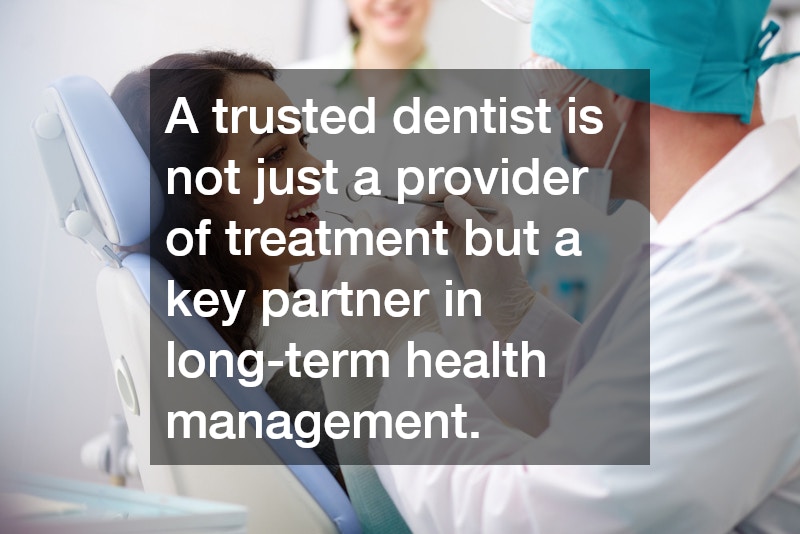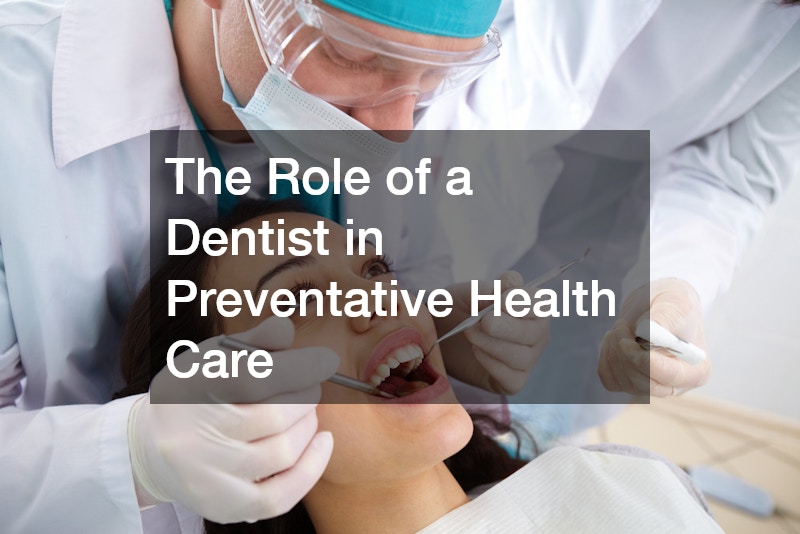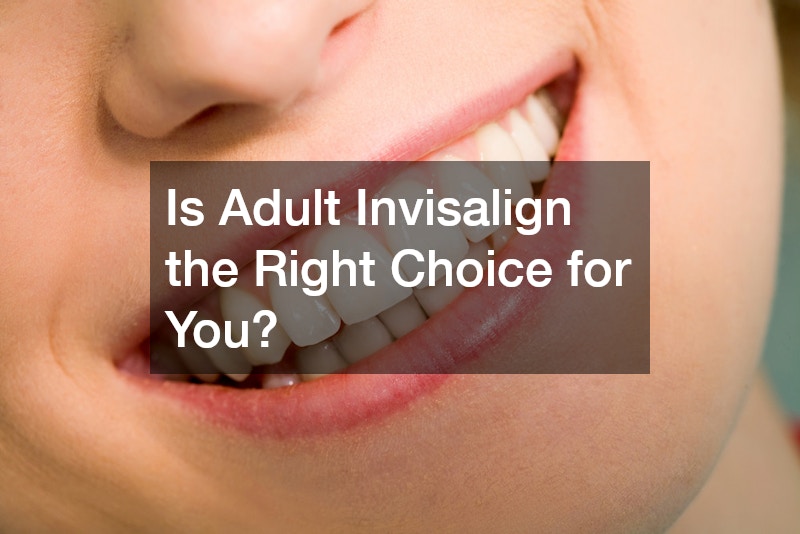Preventative health care plays a vital role in maintaining overall wellbeing, and oral health is no exception. While many people only visit a dentist when experiencing discomfort or visible problems, regular check-ups are essential for identifying issues early, avoiding complications and maintaining long-term oral hygiene. Preventative care not only supports a healthy mouth but also contributes to broader physical health.
This blog explores the importance of preventative dental care, its connection to general health and the long-term benefits of consistent attention to oral hygiene. Understanding this role can help individuals make informed choices about their health routines and prioritise regular visits to their local dental professional.
Understanding Preventative Dental Care & Its Benefits
Preventative dental care refers to the practices, treatments and lifestyle habits that help avoid the onset of oral health issues. It includes regular dental check-ups, professional cleans, fluoride treatments, X-rays and patient education. These proactive steps are designed to catch potential concerns early before they develop into more serious conditions.
The benefits of preventative care are far-reaching. Early detection of decay, gum disease or bite issues allows for simpler and less invasive treatments. Regular cleans help remove plaque build-up that cannot be eliminated through brushing alone. Education from a dental professional also empowers patients to improve their at-home routines, reducing the risk of future problems.
Oral Health & Systemic Health: A Growing Connection
Recent research highlights a strong link between oral health and systemic health. Poor oral hygiene has been associated with a range of medical conditions, including heart disease, diabetes and respiratory infections. Inflammation in the gums can contribute to inflammation throughout the body, triggering or worsening other illnesses.
A healthy mouth helps protect the immune system and minimises bacteria entering the bloodstream. As a result, maintaining good oral hygiene becomes a key part of preventative medicine. This connection makes regular dental visits a fundamental component of a comprehensive healthcare strategy.
The Role of Education & Habit Building
Education is a core element of preventative dental care. Dental professionals offer personalised advice based on individual risk factors, such as age, diet, genetics and current oral hygiene habits. These consultations help patients build sustainable habits like effective brushing techniques, flossing routines and dietary adjustments.
Education also includes raising awareness about symptoms that should not be ignored, such as bleeding gums, persistent bad breath or sensitivity to hot and cold. Early recognition of these signs can lead to quicker intervention and better outcomes.
Forming strong oral hygiene habits from a young age is especially important. Children who learn the value of regular brushing, flossing and routine check-ups are more likely to carry those habits into adulthood. Early exposure also reduces anxiety around dental visits, making preventative care a natural part of life.
Technology & Tools in Preventative Dentistry
Modern dentistry has advanced significantly, providing new tools to support preventative care. Digital X-rays, intraoral cameras and laser diagnostics enable dental professionals to detect issues more accurately and earlier than ever before. These technologies allow for minimally invasive procedures and more tailored treatment plans.
Preventative care is not limited to in-office procedures. At-home tools like electric toothbrushes, interdental brushes and fluoride mouthwashes have become more accessible, helping patients take greater control of their oral hygiene. Dental professionals play an essential role in recommending the most effective tools for each individual.
Cost Savings & Long-Term Benefits
Preventative dental care is not only beneficial for health, it also makes financial sense. Addressing minor concerns early avoids the need for extensive treatments such as root canals, extractions or prosthetics. Routine check-ups are relatively low in cost compared to emergency procedures or surgical interventions.
Moreover, investing in preventative care contributes to a higher quality of life. Fewer dental issues mean less discomfort, improved appearance and enhanced confidence. The ability to eat, speak and smile comfortably supports both physical and mental wellbeing.
Overcoming Barriers to Regular Dental Visits
Despite the known benefits, many people still avoid regular visits to a dentist due to cost, fear or lack of awareness. Public health programs, insurance schemes and educational campaigns all play a part in reducing these barriers. Encouraging routine appointments can significantly improve population health outcomes.
For those with dental anxiety, modern practices offer sedation options, gentle care approaches and clear communication to ease discomfort. Building trust with a regular dental provider can also help patients feel more at ease, ensuring they continue their preventative care journey.
Incorporating preventative dental care into a broader health routine has wide-ranging benefits. Regular check-ups, consistent hygiene practices and timely advice help reduce the risk of complex oral health problems and support overall wellbeing. A trusted dentist is not just a provider of treatment but a key partner in long-term health management.
By recognising the vital connection between oral and systemic health, individuals can take proactive steps to protect both. Prevention remains the most effective and least invasive form of care, and making it a priority ensures a healthier, more confident future.
.




